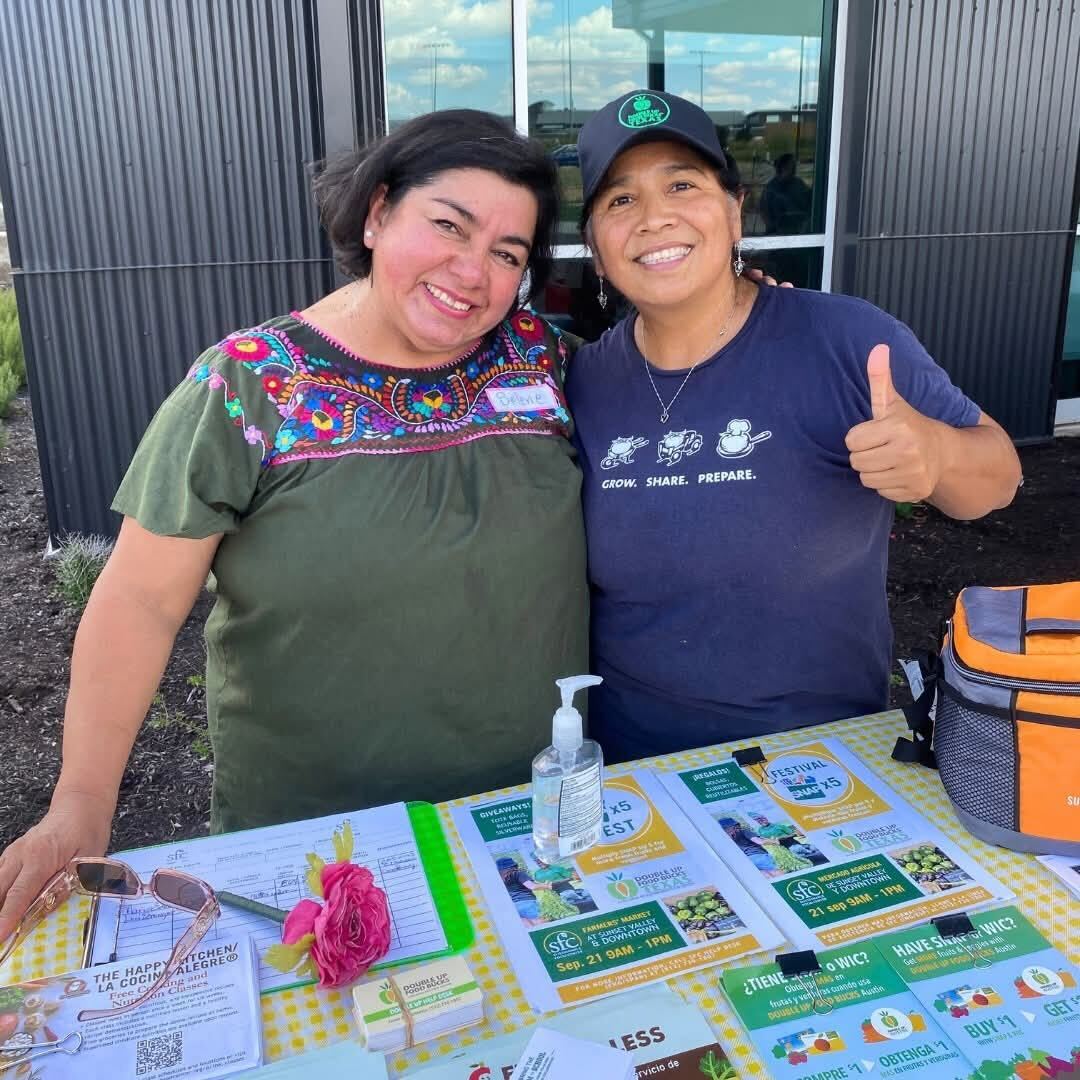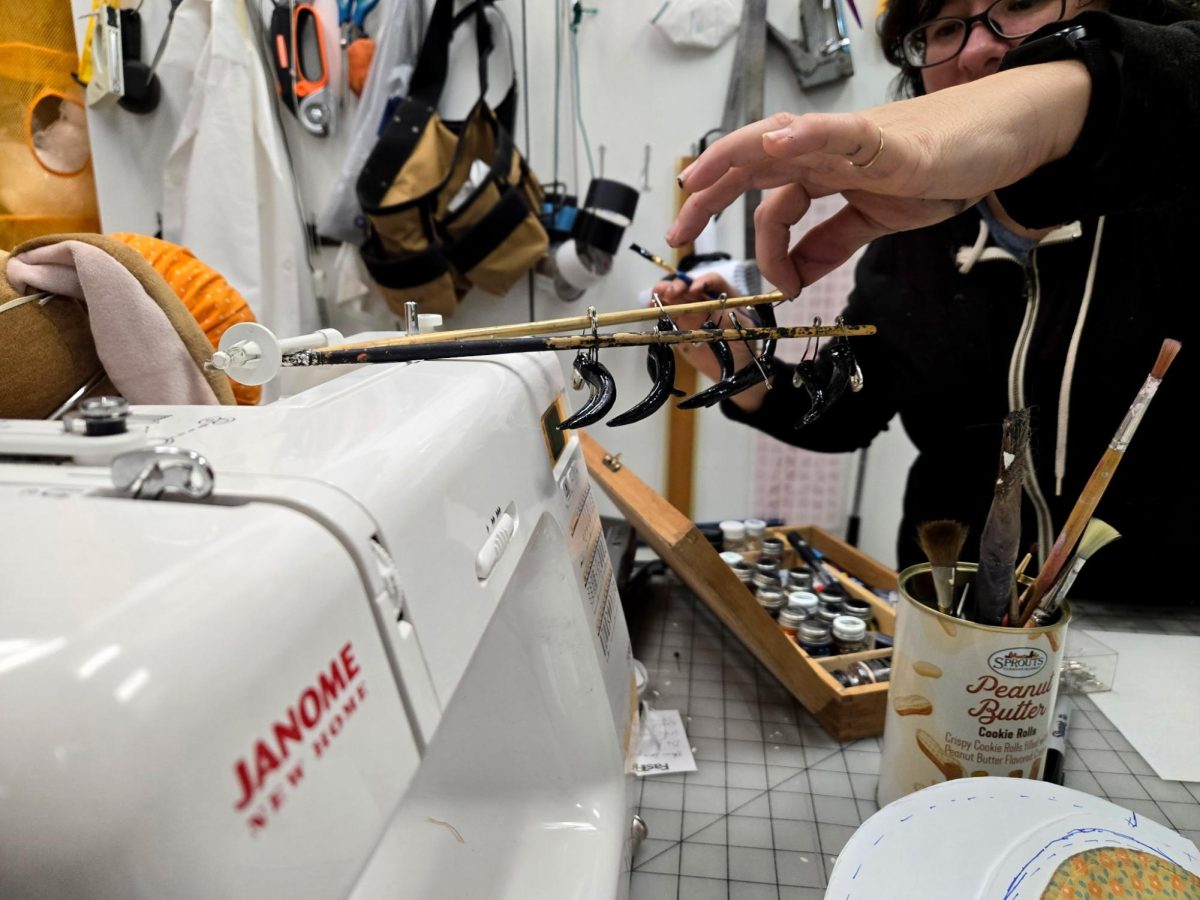Banana pudding, cheesecake, watermelon sorbet and raspberry cinnamon rolls are just some of the delicious desserts made by creatives at Free Lunch ATX to donate to food pantries, free food fridges and shelters across Austin.
Local-based collective Free Lunch is made up of five artisans currently working in music and art. The group provides three meals a day, every day of the year, to homeless shelters like the Esperanza Community. Despite lacking a cooking background, these ordinary artists still manage to create affordable and delicious meals for the city.
“Coming from a creative background helped me approach Free Lunch in a new way,” Free Lunch CEO, Jazz Mills said. “Our whole team is made of creatives, so that has helped us approach this problem of food insecurity differently than others.”
One aspect that differentiates them from other food pantries and free food programs is their inclusion of dessert.
Desserts are not often seen as essential for survival. They lack the vitamins and life-sustaining nutrients that food pantries and free food programs prioritize, but their absence from the table quietly reflects the hardships of food-insecure families.
Our society understands the emotional significance of dessert, even if subconsciously. Even major corporations have tapped into this truth, marketing sweets to our pets. From Starbucks’ “Pup Cups” to the aisles of dog treats crafted to look like pastries– if our pets deserve moments of indulgence, what does that say about the human need for such moments, especially for those who go without it?
In Travis County, food insecurity jumped from 12.8% in 2019 to 17% in 2020 during the COVID-19 pandemic, according to the City of Austin’s Office of Sustainability. Even as the COVID crisis eased, the rate remained elevated at 16% in 2024, according to the Austin Monitor.
Including desserts in the conversations about food insecurity allows us to form deeper understandings of what it means to care for people, not just keeping them alive, but helping them feel alive.
“(Desserts) are always helpful,” Mills said. “(They) boost morale and encourage people struggling to hang on a little longer. I always love to see formerly unhoused residents on their feet and back in society. It’s so hard to do, so that is a huge win.”
For an easy dessert, Mills said she highly recommends banana pudding to families facing food insecurity.
“It’s so cheap and it gets requested by the community more than anything else we make,” Mills said.
The organization operates entirely through community support, fueled primarily by subscribers to their magazine. This ongoing support ensures not only the delivery of consistent meals but also the continuation of a food philosophy discussing more than just survival but quality of life.
In a world where dessert is often the first thing to go when budgets tighten, Free Lunch insists it should stay, because everyone deserves a sweet treat.
































